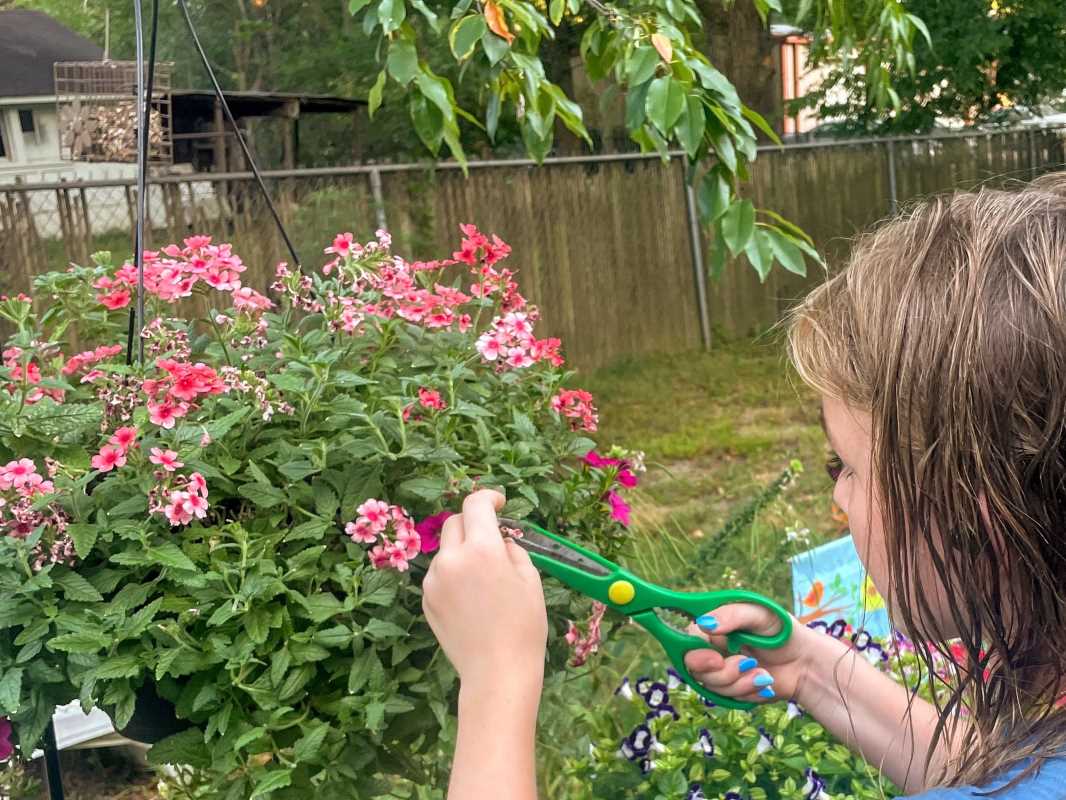Retirement is often seen as a time for relaxation, travel, and enjoying hobbies. However, for many parents, it also brings a new phase of caregiving—supporting their adult children. Whether it’s emotional, financial, or practical assistance, helping grown children during retirement is common in today’s family dynamics. While your role as a parent might feel like an obligation, you'll need to balance your support with your own financial security and personal well-being.
Why Adult Children May Need Support
Life can present challenges at any stage, and adult children might need their parents’ help for various reasons:
- Economic Challenges: Rising housing costs, student loans, and inflation can hinder financial independence.
- Health Issues: Physical or mental health problems may prevent adult children from fully supporting themselves.
- Career Transitions: Layoffs or career changes might lead to temporary financial instability.
- Family Responsibilities: Adult children with their own families might need help managing childcare or household duties.
Recognizing their challenges can guide you in providing assistance without feeling overwhelmed.
Providing Financial Support
Many retirees provide financial help to their adult children, whether by covering living expenses, offering loans, or contributing to major milestones. While generosity is commendable, it’s essential to balance your willingness to help with securing your financial health.
1) Create a Clear Budget
- Before offering assistance, assess your retirement budget. Ensure your essential expenses and savings are secure. If you have extra funds, decide how much you can comfortably allocate to helping your children.
2) Set Boundaries
- Helping doesn’t mean taking on all financial responsibilities. Be clear about what you can offer. For instance, you might help with a home down payment but not the mortgage. Establishing boundaries prevents misunderstandings and ensures you don’t overextend yourself.
3) Offer Help Strategically
Instead of ongoing financial support, consider empowering your children to achieve independence. Examples include:
- Funding education or training to boost their career prospects.
- Assisting with one-time expenses like car repairs.
- Matching their savings for a specific goal to encourage financial responsibility.
4) Discuss Loans and Gifts Openly
- If you offer financial help as a loan, outline repayment terms to set expectations and avoid future resentment. If it’s a gift, make it clear that it comes with no strings attached.
Emotional and Practical Support
Supporting adult children isn’t just about money. Emotional and practical help can be equally valuable, especially during tough times.
- Be a Listening Ear - Offer a nonjudgmental space for your children to share their concerns and hopes. Sometimes, they just need someone to talk to regain confidence and clarity.
- Share Your Wisdom - Your life experience is invaluable. Offer advice on career decisions, relationships, or parenting when asked. Unsolicited advice can sometimes feel overbearing.
- Help with Daily Tasks - Practical assistance like babysitting, running errands, or helping with chores can significantly ease your children’s burdens.
Maintaining Healthy Boundaries
Supporting adult children can sometimes blur the lines between helping and enabling. To ensure your relationship remains positive, it’s crucial to establish healthy boundaries.
- Respect Their Independence - Remember, your adult children are capable of making their own choices. Offer advice and support, but avoid micromanaging or stepping in without being asked.
- Communicate Openly - Honest communication is key. Talk about expectations, limitations, and concerns regarding your role in their lives. Encourage them to do the same, building trust and mutual respect.
- Encourage Responsibility - Whether your support is financial or emotional, aim to empower your children to take charge of their lives. Encourage them to seek professional help for ongoing issues or solutions that promote self-sufficiency.
Protecting Your Own Well-Being
While helping your children is admirable, don’t lose sight of your own needs. Caring for others is most effective when you’re healthy, happy, and secure.
- Prioritize Your Retirement Goals - Your retirement is a chance to focus on your dreams. Allocate resources—time and money—toward fulfilling your aspirations.
- Safeguard Your Finances - Supporting your children should never come at the expense of your financial security. Avoid dipping into savings or taking on debt to help them.
- Take Care of Your Health - Maintain check-ups, exercise, eat well, and manage stress. When you’re healthy, you’re better equipped to support your family.
- Find Your Own Support System - If caregiving feels overwhelming, reach out to friends, support groups, or counselors. Sharing experiences and seeking advice can help you navigate challenges with confidence.
Creating a Collaborative Relationship
Caring for adult children in retirement is a two-way street. Encourage your children to view your relationship as a partnership where everyone contributes.
- Collaborate on Solutions - Work together to address challenges, whether financial planning, childcare arrangements, or emotional well-being.
- Encourage Their Help - If you need assistance with technology or home maintenance, ask your children for help.
- Celebrate Together - Share in each other’s successes and milestones, fostering mutual pride and accomplishment.
Supporting your adult children during retirement involves balancing your support with thoughtful planning and healthy boundaries so you can continue to nurture your relationship while enjoying the retirement you’ve worked hard for. Remember, helping your children shouldn’t mean sacrificing your well-being.
 (Image via
(Image via





